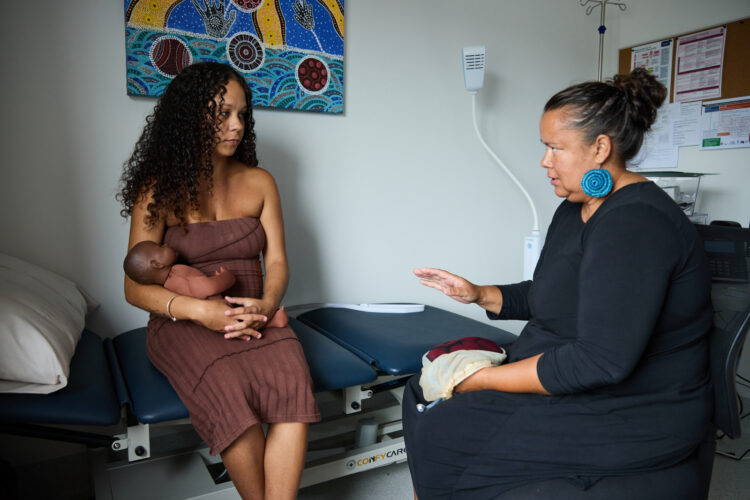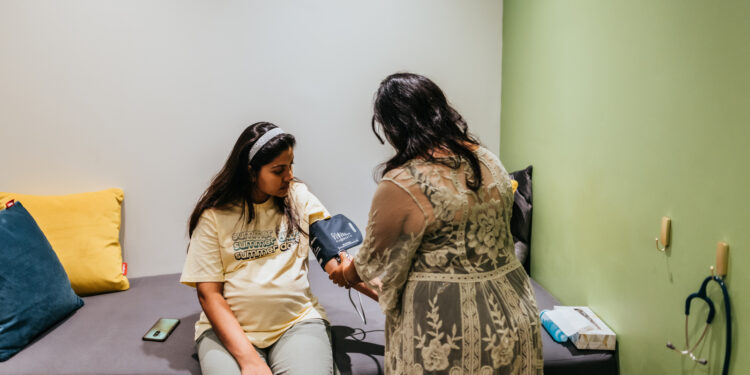Planning and Resources for Midwifery and Reproductive Health Systems

Background
Planning for health resources is not only a technical process, but also a political one, as decisions on the number; types and distribution of health care resources depends on the political choices and values enshrined in the organization of national health systems. Health planners and decision makers must ensure that the right number and types of competent health care resources are in the right place at the right time to deliver health services for the population needs, at an affordable cost. This should take into consideration that pregnancy and childbirth are normal physiological processes, yet profound experiences, which carry significant meaning to the woman, her family and the community (1).
Position
The ICM believes that midwives are pivotal in attaining improved health for women, and in achieving improved maternal and newborn health outcomes through the provision of competent, culturally sensitive, evidence-based midwifery and reproductive health care.
ICM further believes that through their close association with women and their families, midwives are in a unique position to know the reality of their healthcare needs and are therefore equipped to assist in identifying the resources required for the provision of quality services, in consultation with women. Within a country, midwives should therefore be represented at all levels where policies and strategic plans are being developed to address issues concerned with the reproductive health of women, but especially those linked to the achievement in reduction of newborn, child and maternal morbidity and mortality. Midwives based in clinical settings should be involved in the decision making process applied to the allocation of limited financial resources for the maternal and newborn health service at both local and national levels.
Recommendations
Member Associations are urged to:
- encourage governments, healthcare agencies and non-governmental organizations to accept this position statement as the basis for their own decision-making process
- strive to achieve an equitable distribution of those resources, to address the needs of most women seeking or requiring care
- ensure that their members participate in politics of their country
- ensure that their members are aware of the cost of care
- advocate for appropriate midwifery and reproductive health services
Related ICM Documents
Other Related Documents
- Dreesch, N., Dolea, C., Dal Poz MR. et al. 2010. An approach to estimating human resources requirements to achieve the MDGs. Oxford Journals, Health Policy and Planning. 2010, volume 25
- WHO/ICM/FIGO. Joint Statement. Making pregnancy safer: the critical role of the skilled attendant. Department of Reproductive Health and Research, WHO, Geneva, 2004.
- WHA Accelerating access to primary health care, including health system strengthening; 62.1212 Strengthening Nursing and Midwifery; WHA 54.12
- WHO. Nursing and Midwifery Services: Strategic directions 2011 – 2015. Geneva. 2011
Adopted at Brisbane International Council meeting, 2005
Reviewed at Toronto International Council meeting, 2017
Due for next review 2023
(1) ICM. 2014. Core Document. Philosophy and Model of Midwifery Care.
PS2011_017 V2017

